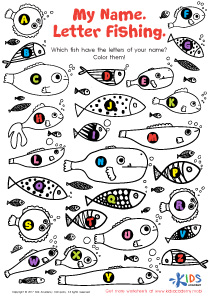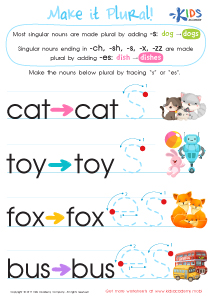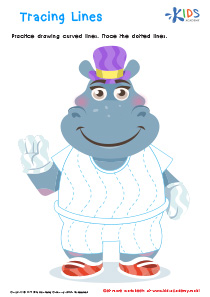Writing practice Easy Letter Recognition Worksheets for Ages 5-7
3 filtered results
-
From - To
Our "Writing Practice Easy Letter Recognition Worksheets for Ages 5-7" are designed to help young learners master the alphabet in a fun and engaging way. These worksheets reinforce letter recognition while enhancing writing skills in early readers. Each activity is crafted to make learning enjoyable, combining tracing, matching, and identifying letters with colorful illustrations. Ideal for both classroom and at-home practice, these worksheets build a strong foundation for literacy skills, setting kids up for future reading and writing success. Help your child confidently recognize and write letters, making learning an adventure with our expert-designed resources.
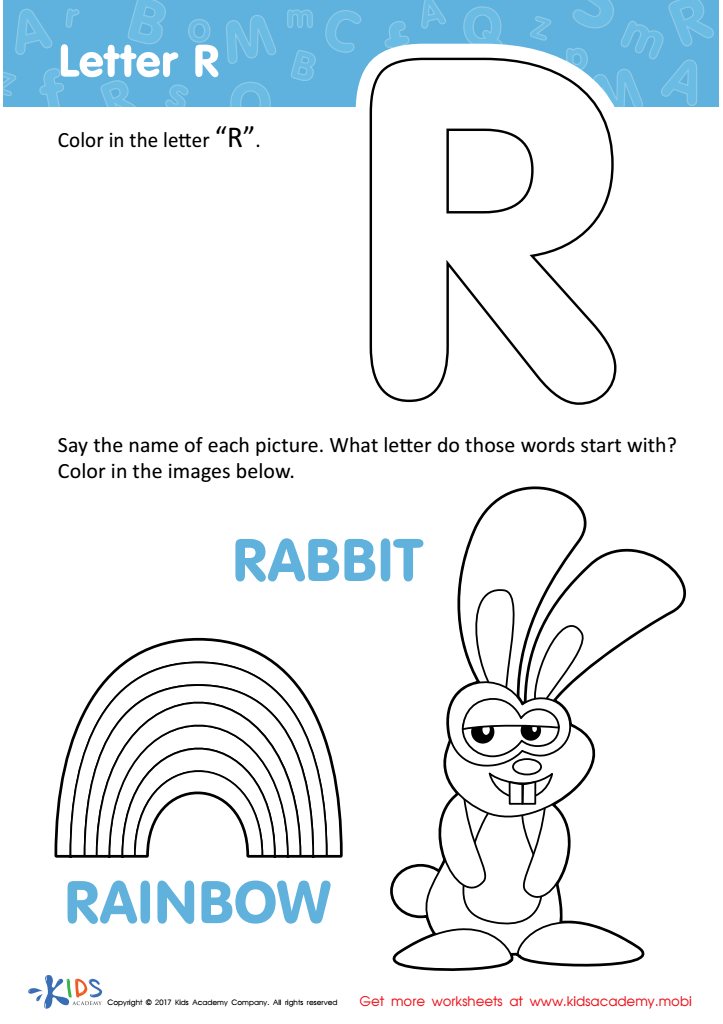

Letter R Coloring Sheet
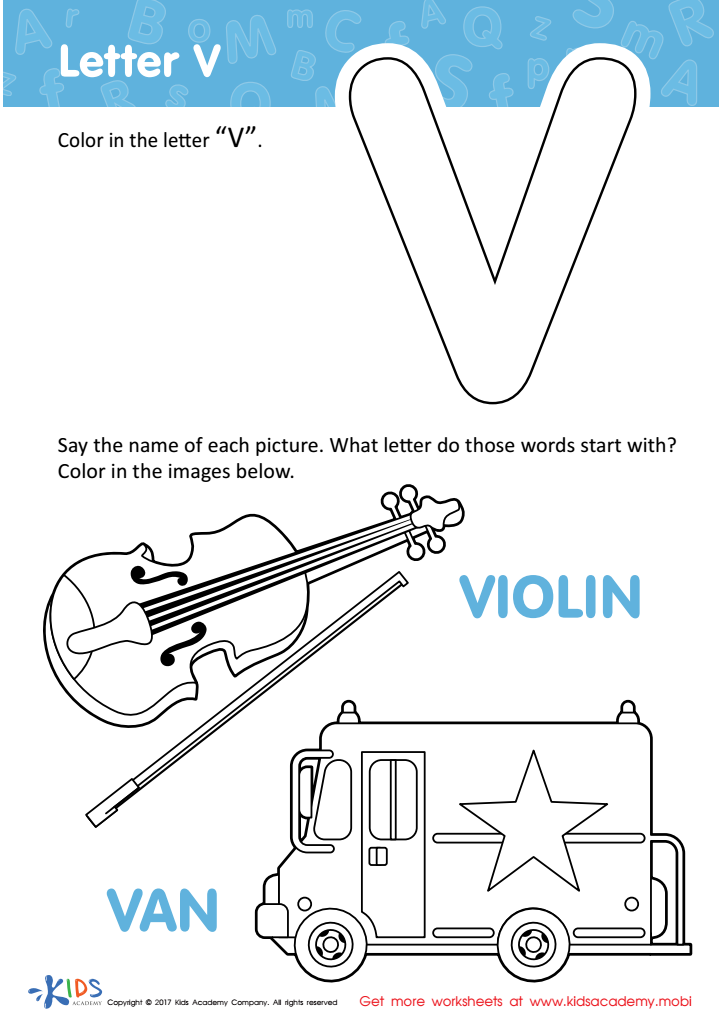

Letter V Coloring Sheet
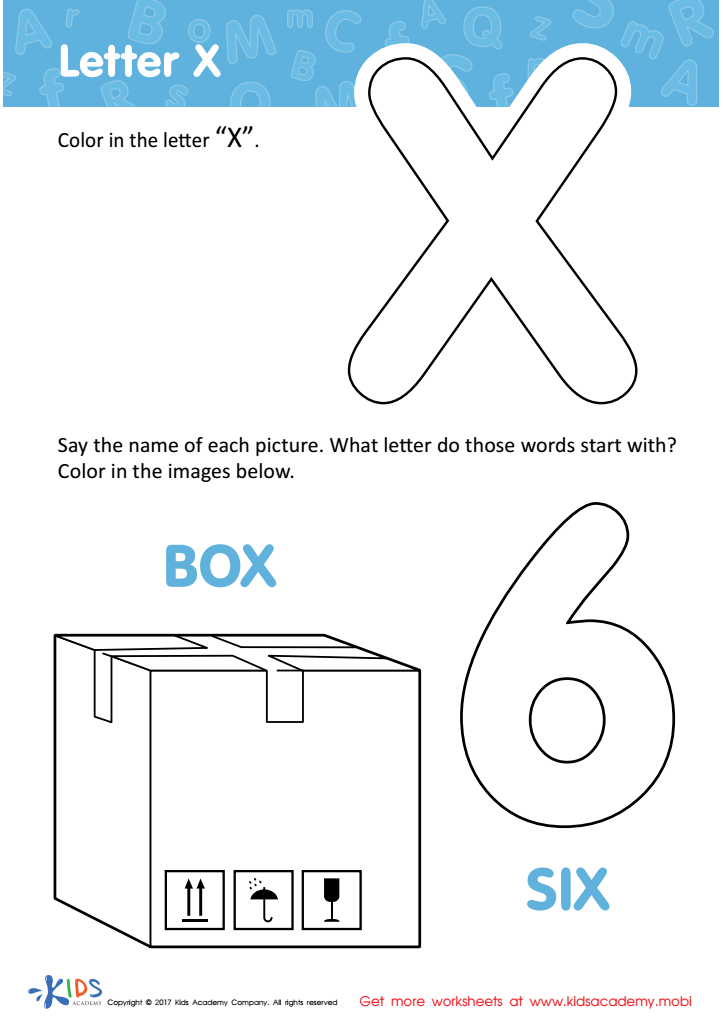

Letter X Coloring Sheet
Parents and teachers should prioritize writing practice and easy letter recognition activities for children aged 5-7 because these foundational skills are crucial for early literacy development. At this age, children are just beginning to explore the world of written language, and proficiency in recognizing and forming letters is essential. Writing practice not only helps in developing fine motor skills but also reinforces cognitive connections between letters and their corresponding sounds. This is the base for reading fluency and comprehension.
When children practice writing, they are engaged in a multi-sensory learning experience that includes visual, tactile, and auditory elements. This helps in solidifying their understanding and recall of letter shapes and sounds. Additionally, easy letter recognition activities ensure that children can quickly and accurately identify individual letters, which is vital for spelling and eventually, for writing words, sentences, and stories. Early mastery of these skills fosters confidence, encourages a love for reading and writing, and sets the stage for academic success in later years.
Moreover, writing practice enhances a child's ability to express their thoughts and emotions, promotes creativity, and provides a necessary foundation for more complex literacy tasks. Given these benefits, it’s important for both parents and teachers to emphasize and support these activities during early childhood education.
 Assign to My Students
Assign to My Students











